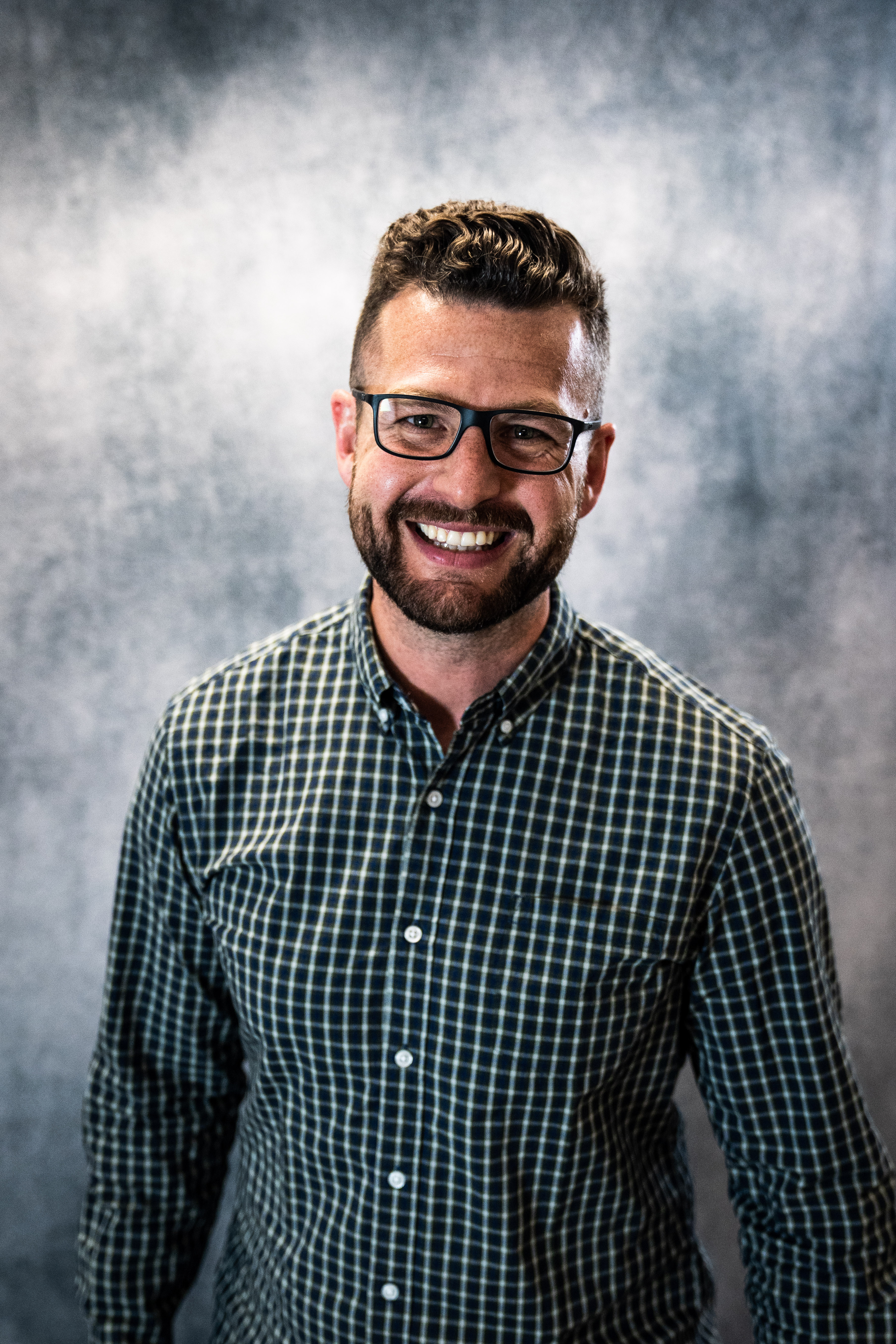My heartbeat was intense. Sweat made its way down my face, and my hands turned clammy. It was my turn to share a story I had written in my sophomore English class.
“Ok, Mike. You’re up,” she said to me.
The class and the professor’s eyes locked on my position. A wave of anxiety overcame me as I read the opening lines of my story.
“During a night convoy, we headed back to Al Asad when our convoy had split in a village due to one of the trucks making a wrong turn. I couldn’t radio ahead to the convoy commander due to the radio not working.”
I went on and read about the IED that followed the momentary silence and lit the night sky. Multiple explosions followed by sporadic green and red tracer rounds painted a scene that looked similar to Han Solo escaping an Imperial Destroyer. I read more about the slamming of the gas pedal with the hope I could pass through unscathed and make it to the rendezvous point a couple kilometers outside of the village we had entered. I stopped in the middle of the reading, tried to collect myself, so I could continue on. The hardest part for me was telling my class I jumped out of my truck at the rendezvous point filled with tears of pain, throwing my helmet against the seven-ton wheels I was driving and screaming massive amounts of obscenities directed toward God. I raised my eyes from the sheets of paper and looked at my classmates, their facial expressions ranging from shock to blank stares. I thought they were wondering how a 26-year old war veteran managed to hide his service for two years before today. The period of silence after I read was similar to the one I experienced the night of the IED, the burden of holding back my war experience years after coming home had finally been lifted.
Why did I choose to share that story with 30 people I barely knew? What made a class of 18, 19-year-old freshmen different than those who knew my whole life? I’m not sure. To this day, I still don’t know why I chose to do it. Maybe finding out a couple days beforehand that I had Post Traumatic Stress Disorder (PTSD) was a catalyst of some sort to tell people my story. There was at the time a lot of stigma surrounding veterans and PTSD. There still is today.
I didn’t want to be put in the boxes associated with war trauma. Veterans who had been to war were being called “ticking time bombs,” “dangers to the workplace, “crazy war veterans” and “broken.” I wasn’t broken. I wasn’t a ticking time bomb. I was someone who needed to make sense of what I went through, what I saw. I was still trying to figure out how could anything brought by war be part of the human condition when we’ve told that humans are innately good and wired to serve one another?
I remember the looks that my fellow students gave when the period bell had rung, and they headed to the exits. It was looks of morbid curiosity, genuine wonderment. It was looks of fear that I may snap and fly into a rage if I was asked what it was like to get shot at. But not all looks were fearful or scared. There were some that passed by me as I stood firm on the podium holding back tears that put their hand on my shoulder and said thank you for your service. There were a couple that gave me a hug and told me it was going to be ok. It was exactly what I needed to hear.
I still get the crazed veteran look from people but not as much as before. PTSD and veterans are told as two halves of a dangerous cocktail that would form America’s most significant medical crisis. The narrative around veterans and mental health has progressed postiviely, but as a society, we are still far from where it needs to be. At times, veterans are still looked upon similar to the freshmen that walked by me on that day as a crazed, war-torn and dismantled souls.
There are times when my days are tough. My mind reverts to the days of being in uniform, driving trucks through the Iraqi desert hoping I wouldn’t run over a landmine. Those days won’t escape me. I don’t expect them ever to leave. My mind is still processing war although it’s doing it less and less by the day. If anything, PTSD has given me a deeper, higher insight into who I was and what I want to become. But it took help for me to understand that. It took friends, readers, doctors, and family days and weeks. But because of them, I have been able to share my story countless times with unwavering courage. It’s because of them I realized mental health is and can be a burden that we should take seriously. It can also be a saving grace, helping us know that we’re not alone in the mental health battle. We all have things we are carrying.
Chances are we’re working with someone we know with PTSD or mental health challenges. Chances are a loved one is dealing with an incredible amount of stress and mounting anxiety that can be crippling. For us to combat this, we need to listen to their stories and ask to help. If it us that is struggling or experiencing obstacles, it is us that need to ask those we love to help us. Help is not weakness. It is strength and it is my hope that the more we share, the more we have a fighting chance of breaking stigmas.
Maybe we can empower one more person to share their story in front of a class of 30.
Note: A version of this post was originally published at www.huffingtonpost.com on May 6, 2015.
Originally published at medium.com


